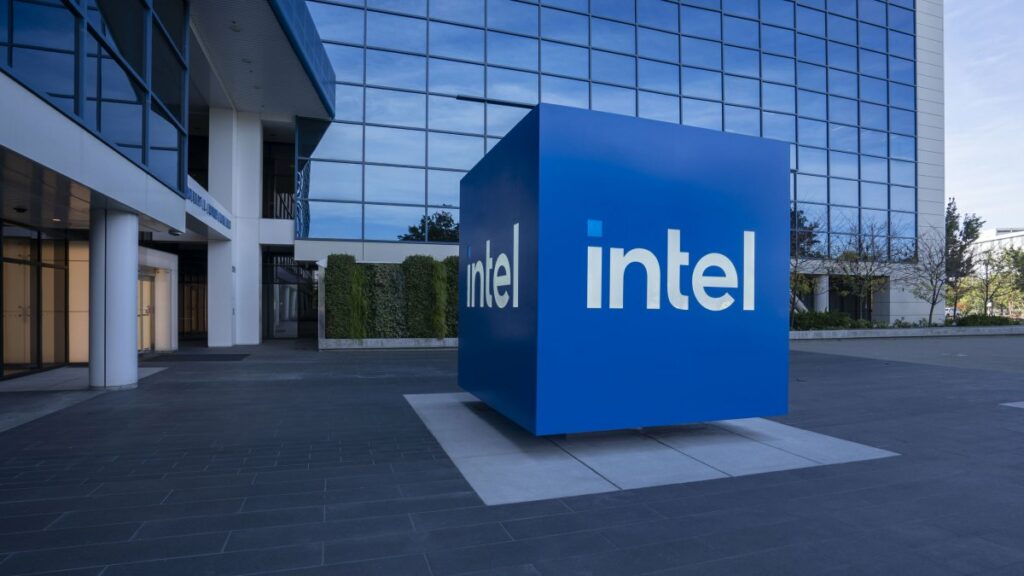The U.S. Department of Commerce confirmed on Tuesday it has awarded $7.865 billion to chip giant Intel under the U.S. CHIPS and Science Act, a federal statute signed into law by President Joe Biden in 2022 to boost domestic semiconductor manufacturing.
The funding will go toward manufacture and advanced packaging (techniques to assemble and integrate multiple semiconductor chips into a single package) projects in Intel facilities across Arizona, New Mexico, Ohio, and Oregon.
“Strong bipartisan support for restoring American technology and manufacturing leadership is driving historic investments that are critical to the country’s long-term economic growth and national security,” Intel CEO Pat Gelsinger said in a statement. “Intel is deeply committed to advancing these shared priorities as we further expand our U.S. operations over the next several years.”
The sum is lower than the potential highest figure announced back in March, when the White House said it had reached an agreement with the Department of Commerce to give Intel a grant of “up to” $8.5 billion.
Lost and foundry
The backdrop to all this is Intel’s transition to a so-called “foundry” model, whereby it manufactures chips under contract — chips that have been designed by other organizations, such as AWS which Intel inked a deal with back in September.
To support this expansion, Intel has had to up its capacity: in 2021 the company revealed plans to invest $20 billion in two new fabrication (aka “fabs”) facilities at its Arizona Ocotillo campus — formally launching the new foundry business. Then, in February, it rebranded this outfit as Intel Foundry, and in September spun out the unit as an official subsidiary.
In tandem, Intel has a number of large construction projects on the go around the world. Although it recently announced it was pushing back two of these projects — in Germany and Poland — by a couple of years. Domestically, though, the company is building two new plants in Ohio at a cost of up to $28 billion. These were originally expected to go into production in 2025, but Intel recently announced it would be delaying them due to “market challenges.”
All told, Intel’s planned domestic manufacturing investment across four states amounts to around $100 billion, including new-builds and refurbishments. But as its earnings reports this year have shown, its Foundry business losses widened last year, while regulatory headwinds forced it to ditch a planned $5.4 billion merger with contract chipmaker Tower Semiconductor. Instead, the duo entered a partnership that will see Intel provide manufacturing capacity to Tower as part of a $300 million investment.
Domestic boost
With the U.S. seeking to reduce its dependence on foreign chip manufacturing, an issue that came to prominence due to supply chain disruptions during the global pandemic, Intel was always likely to be a central player in any efforts to boost production domestically.
“Today’s award marks another key step in implementing President Biden’s CHIPS and Science Act and the Investing in America agenda to reshore manufacturing, create thousands of good-paying jobs, and strengthen our economy,” White House deputy chief of staff Natalie Quillian said, in a statement. “Intel’s investments across the country demonstrate once again how President Biden’s Investing in America agenda is delivering for the American people.”
In addition to the nearly $8 billion in direct funds, which will be disbursed in milestone-based instalments, Intel also stands to benefit from a 25% investment tax credit from the U.S. Treasury Department. Separately, Intel also recently won a $3 billion contract to manufacture “leading edge” semiconductors for the U.S. government under a national security program.


